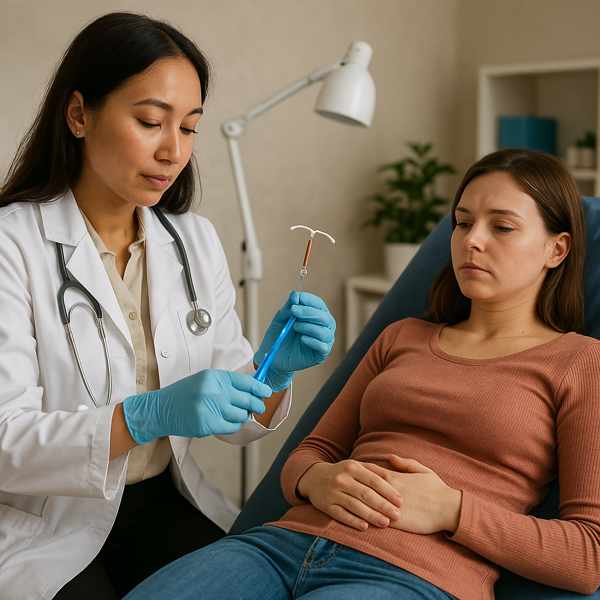Understanding Weight Changes After IUD Removal
Understanding Weight Changes After IUD Removal
Blog Article

After discontinuing birth control, it's common to notice shifts in weight, mood, or metabolism.
Let’s dive into the connection between hormonal birth control and body weight, and what to expect after removal.
IUD Basics Explained
There are two main types of IUDs: hormonal (like Mirena, Skyla, Kyleena) and non-hormonal (like the copper IUD, ParaGard).
Key facts:
- Hormonal IUDs release progestin
- Copper IUDs do not contain hormones
- Both are long-acting and reversible
Can Hormonal Birth Control Lead to Weight Changes?
However, research shows that significant weight gain is uncommon and often varies between individuals.
Possible factors include:
- Fluid retention
- Some users feel hungrier while on hormonal IUDs
- Hormonal fluctuations may slow fat burning
- Birth control isn’t always the main cause
How Your Body Adjusts
After an IUD is removed, hormone levels gradually return to their natural state.
- Less bloating or fluid retention
- Appetite returns to baseline
- Especially if weight gain was IUD-related
- Which can support exercise and motivation
Not everyone loses weight, but visit if the IUD contributed to hormonal weight gain, you may notice the difference.
Tips for Healthy Weight Loss Post-Birth Control
To encourage healthy results:
- Support hormone balance and metabolism
- Exercise consistently
- Stay hydrated
- Cortisol can prevent fat loss
- Good rest supports hormonal regulation
Be patient — your body may need a few weeks or months to fully adjust.
The Timeline for Hormonal Reset
Everyone’s body reacts differently, but here’s a general timeline:
- Mild changes in mood, energy, or appetite
- 1–3 months: potential weight stabilization
- 3–6 months: visible weight loss (if related)
Track your progress using measurements, energy levels, and how your clothes fit — not just the scale.
Should You Expect Weight Loss?
Factors like diet, activity level, age, and overall health still play a major role.
Remember:
- The IUD may contribute to weight gain, but it’s not always the cause
- Healthy habits are essential no matter your birth control status
- Talk to your doctor if you’re concerned about hormones or weight changes
Conclusion
Pay attention to how your body feels and support it with proper nutrition, movement, and rest.
Whether your weight changes or not, regaining hormonal balance is a great step toward better overall health. Report this page